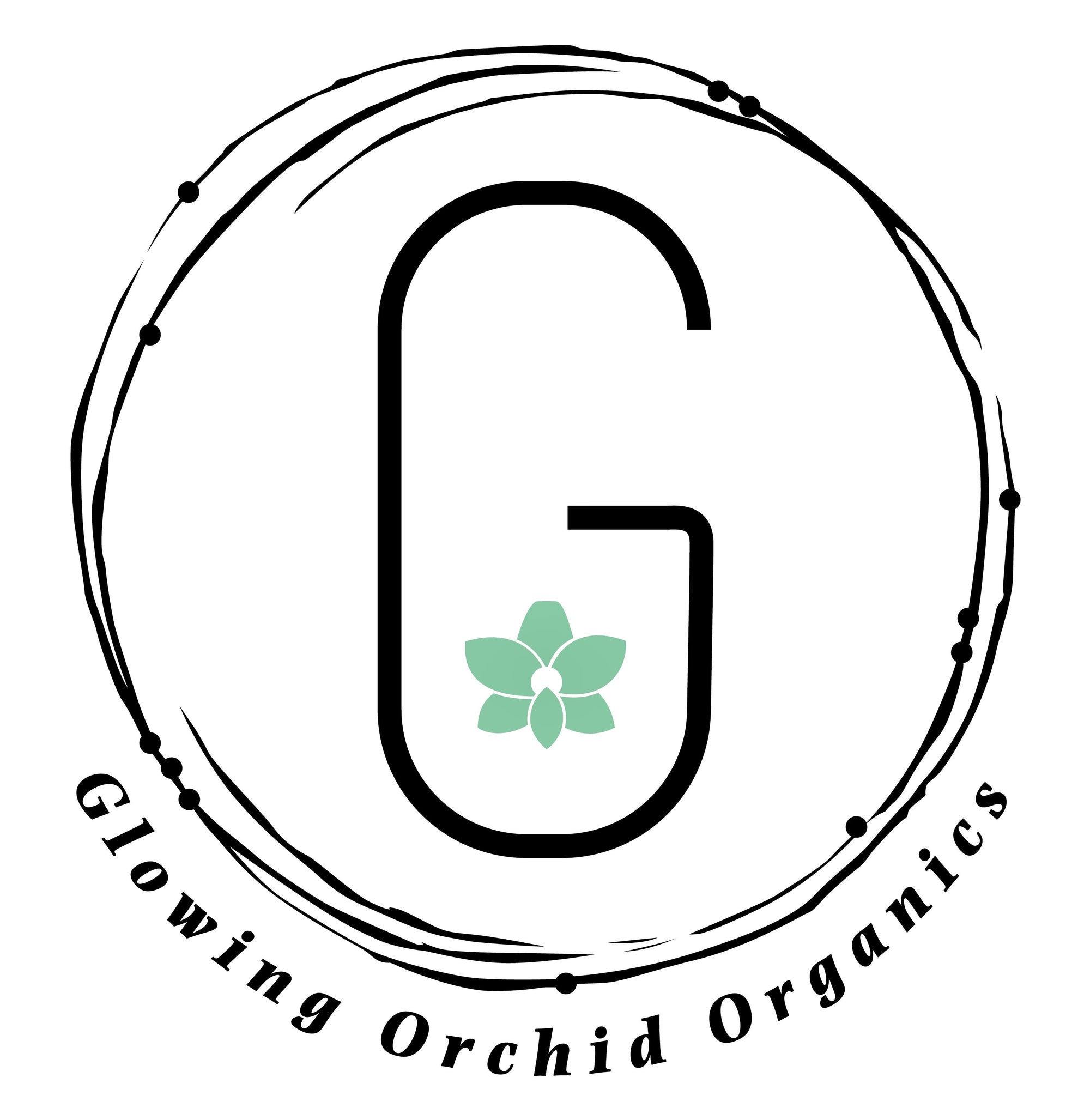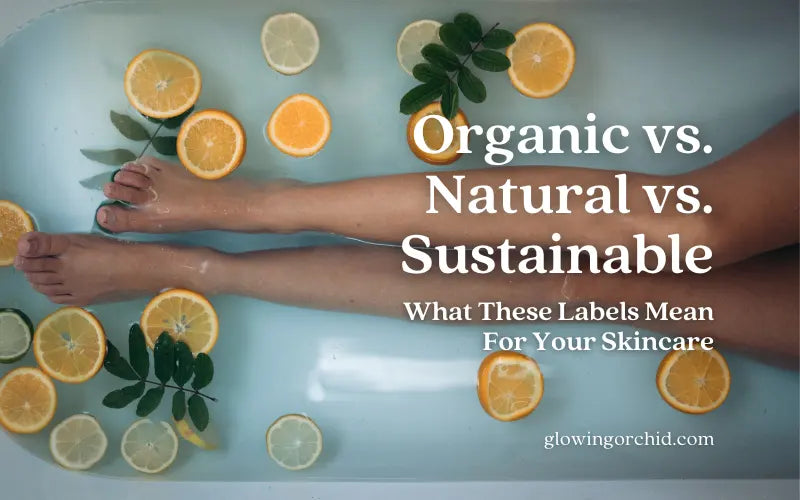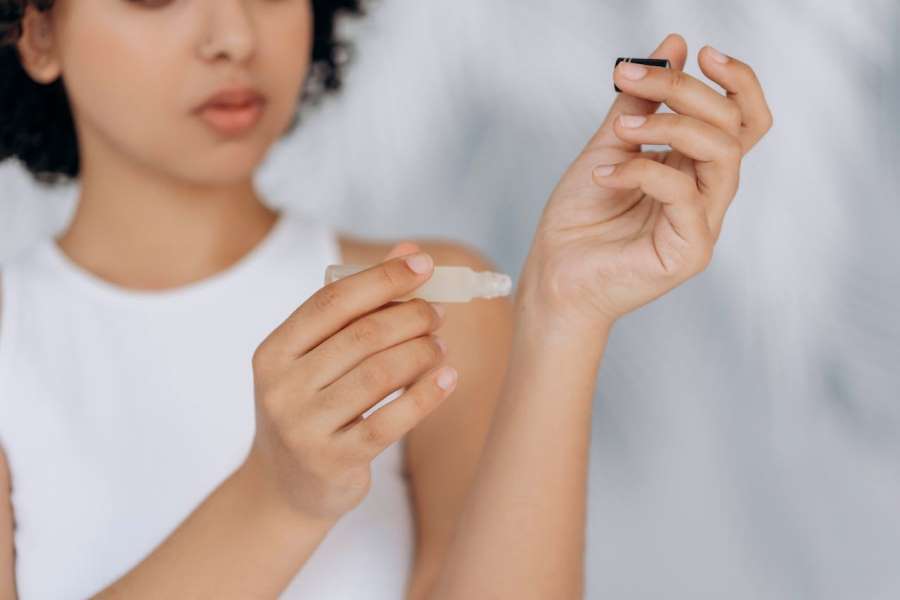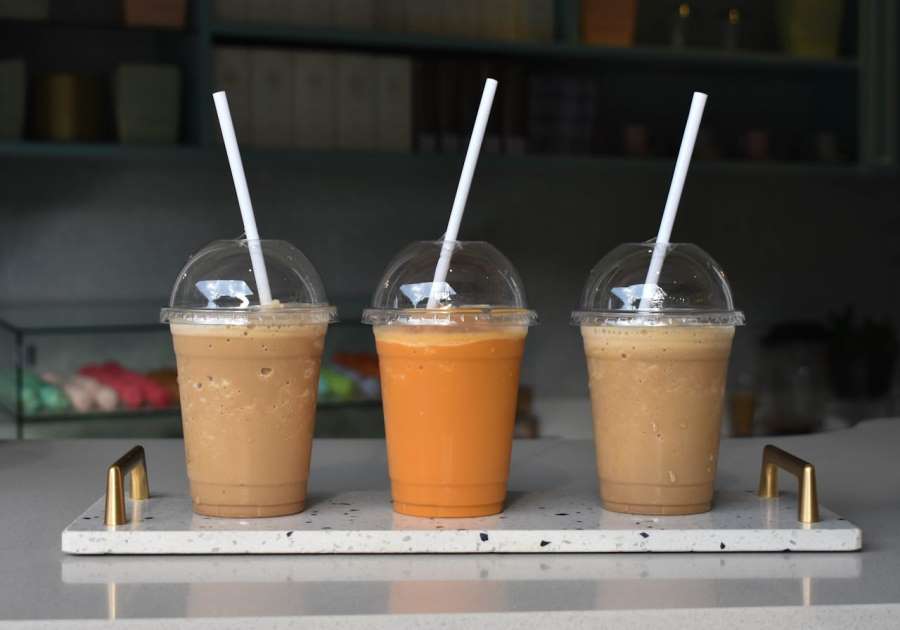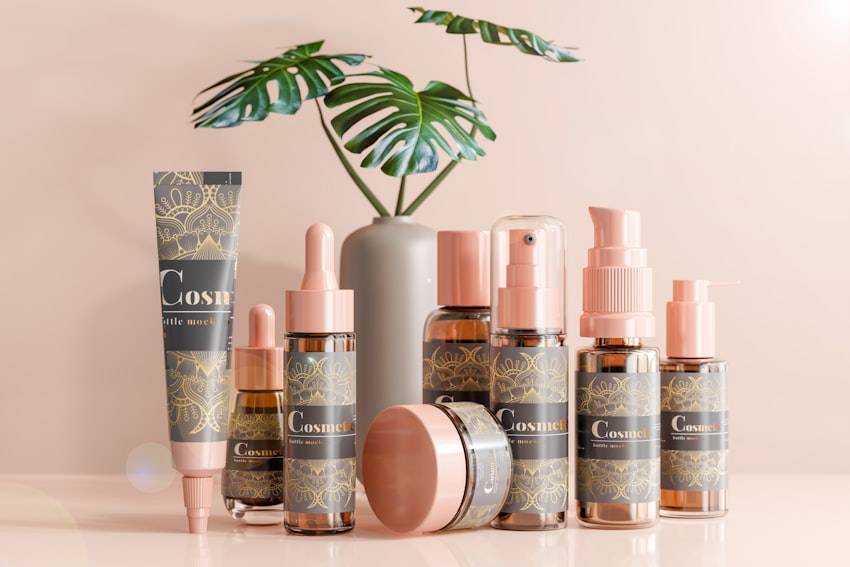Organic creams. Organic shampoos. Even organic bath bombs. We’re so used to seeing the word “organic” these days that it almost makes us feel guilty when we don’t choose brands with this label. But have you ever wondered what actually makes a product “organic”? How is this different from “natural” or “sustainable”? It’s essential to know what each buzzword means before it guilt-trips you into unnecessary – and often costly – buying decisions.
Here at Glowing Orchid, we predominantly use organic ingredients, but we’ve opted not to use so-called “organic” coconut oil as an ingredient in our products. We found that this is the most sensible decision, both for us as an eco-conscious company and for our customers who are committed to a sustainable, cruelty-free lifestyle. Let’s take a closer look at organic product claims, and what they mean for you.
